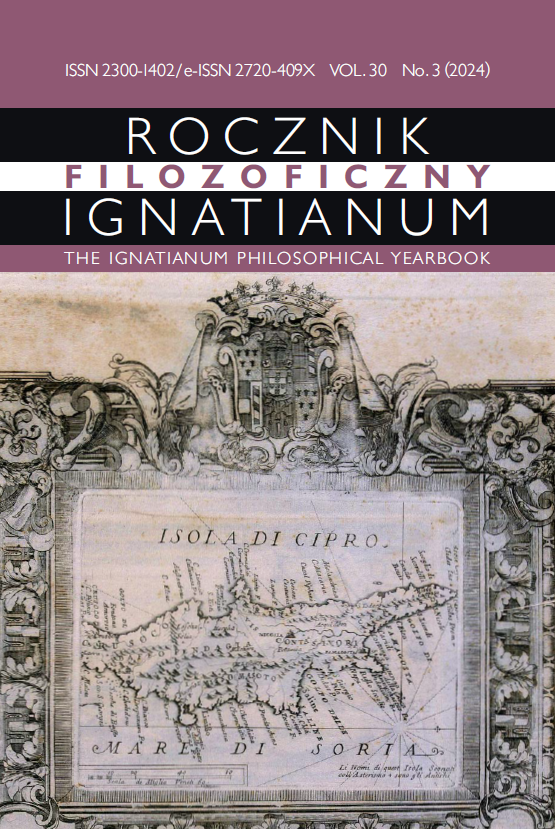Die Bulgaren in zypriotischen Chroniken des XIV.–XV. Jahrhunderts
Abstract
Der Artikel analysiert die Geschichte der Teilnahme der Bulgaren am zypriotisch-genuesischen Krieg von 1373 bis 1375. Die Autorin widerlegt die weithin bekannte Ansicht, dass die Bulgaren sich auf Zypern als Sklaven befunden hätten und aus ihnen eine militärische Abteilung gebildet worden wäre. Diese Ansicht basiert auf Erwähnungen zypriotischer Chronisten. Im Artikel wird jedoch der Beweis dargelegt, dass die in den Chroniken erwähnten Bulgaren keine Sklaven waren, sondern Söldner, d.h. professionelle Krieger. Die Autorin ist überzeugt, dass sie in Osteuropa während der Europareise des Königs Pierre I. Lusignan speziell für seinen Kreuzzug rekrutiert wurden. Die Ermordung des Königs verhinderte, sie in der Kreuzfahrerarmee einzusetzen. Sie nahmen jedoch im Krieg gegen die Genuesen teil. Unter ihnen befanden sich zweifellos in Zypern Heimische aus Bulgarien, nach denen die gesamte Armeeabteilung als „Bulgaren“ benannt wurde. Unter ihnen gab es jedoch sowohl Griechen oder griechisch sprechende Menschen, als auch Menschen aus anderen Völkern Südund Osteuropas. Daher ist der Name Bulgaren als eine Sammelbezeichnung für alle ausländischen Söldner osteuropäischer Herkunft als Vertreter der byzantinischen Welt zu verstehen, die den Zyprioten wohlbekannt waren. Die Kommunikationssprache zwischen den „Bulgaren“ und den Zyprioten war Griechisch.
Copyright (c) 2024 Ignatianum University in Cracow

This work is licensed under a Creative Commons Attribution-NoDerivatives 4.0 International License.
The Yearbook only accepts materials for publication that are free of all conflicts of interest, and that in no way involve conflicts over authorship, copyright, etc. The Editors will take action against any cases of plagiarizing, ghostwriting1, guest/honorary authorship2, etc. Where co-authored work is concerned, the Author listed first is expected to take responsibility for the submission, and is required to make clear the contributions of all of the Co-Authors involved. In the event of the publication owing its existence to funding dedicated to this purpose, this fact should be made clear: e.g. in any note of thanks/acknowledgement, or in a footnote, etc. Explicit notification should be given of any form of reprinting, with the appropriate evidence of permission to publish being furnished as required. Any impropriety on the part of Authors/Reviewers risks exposing them to appropriate responses from the relevant institutions.
______
1 This term refers to instances of a person who has made an essential contribution being omitted from the list of authors, or from notes conveying gratitude and/or acknowledgement.
2 This occurs when a person who has made either an insignificant contribution or no contribution at all nevertheless appears on the list of authors.





